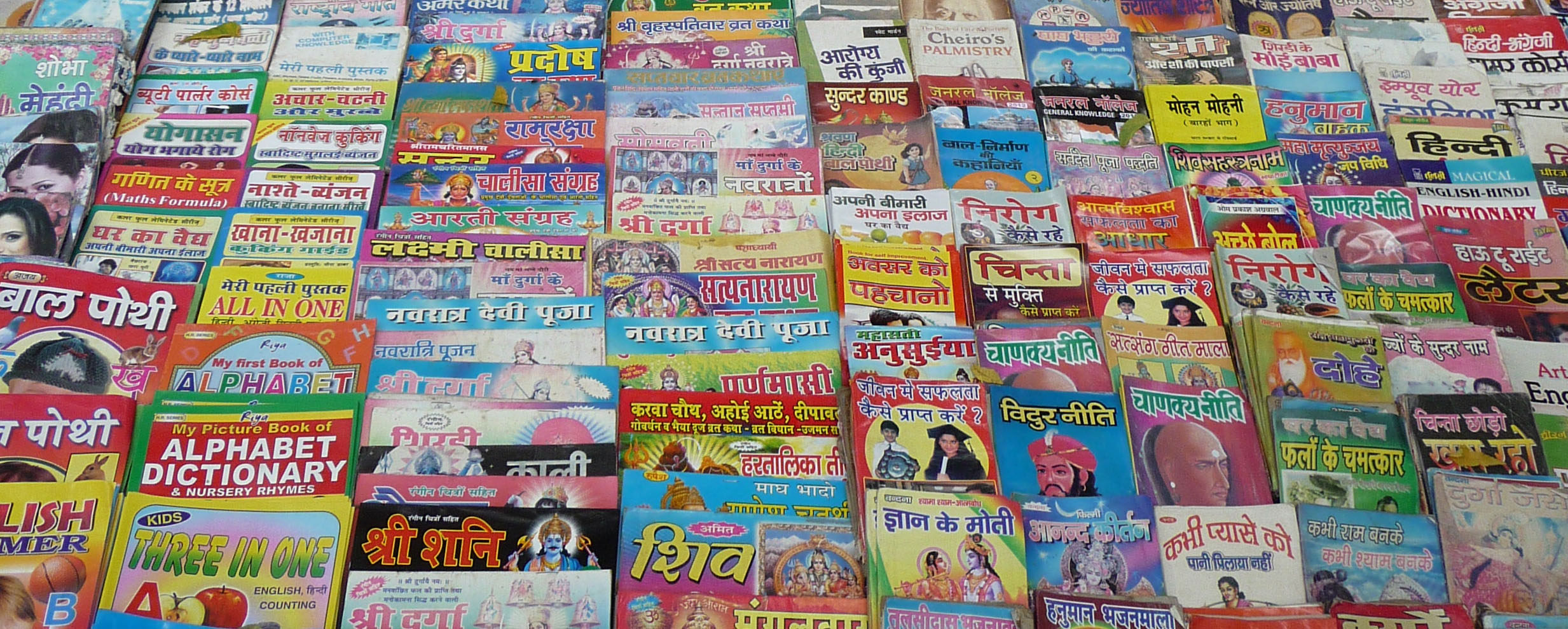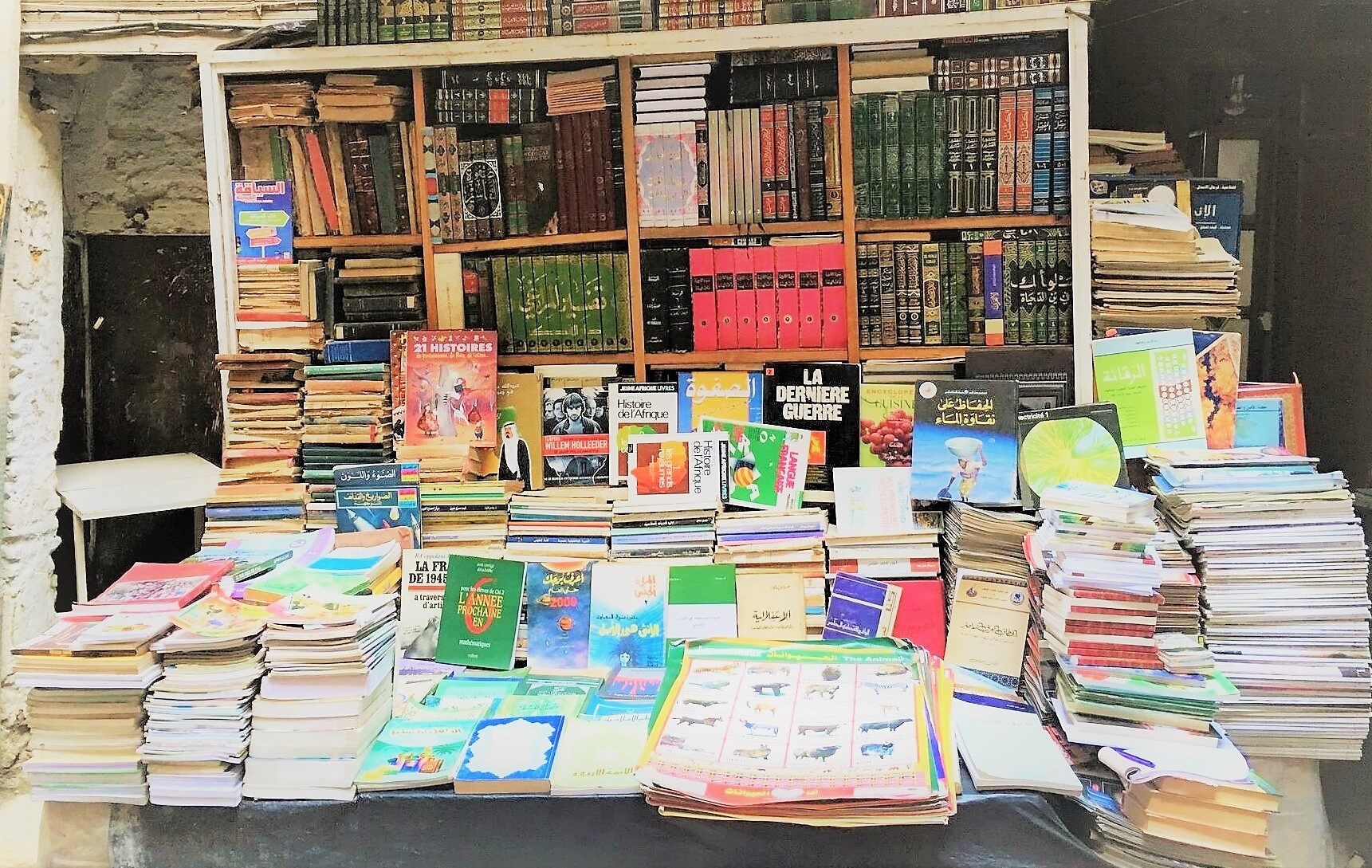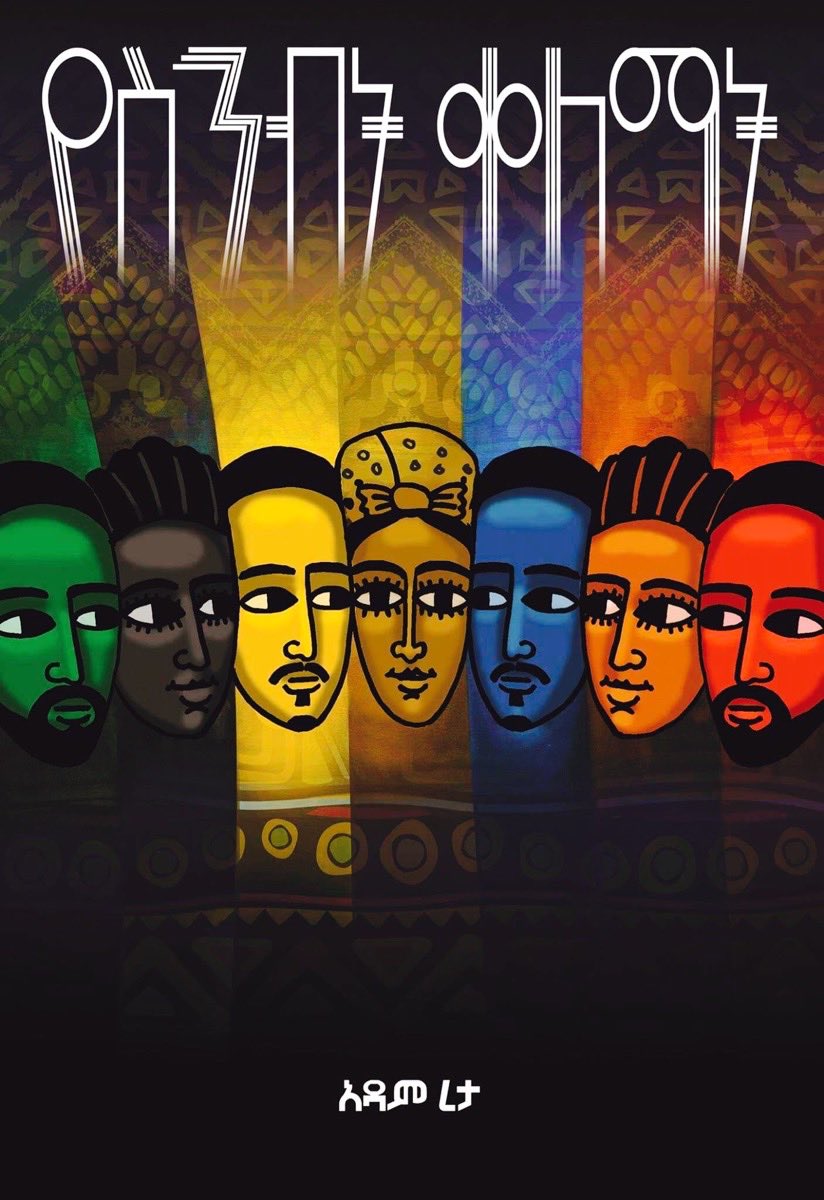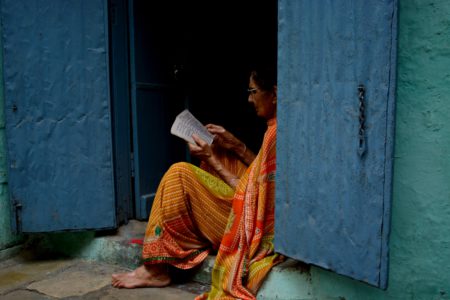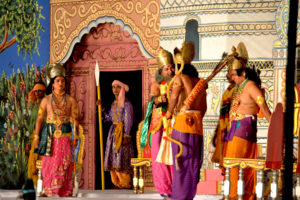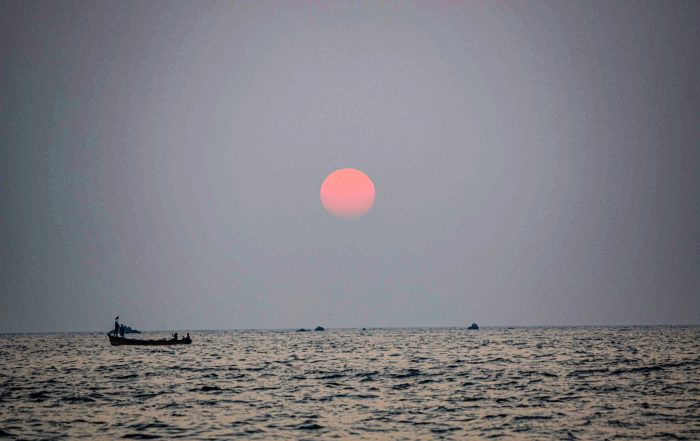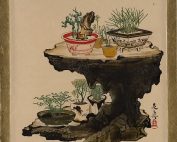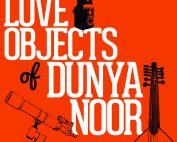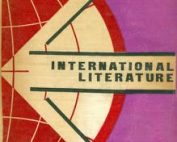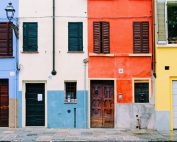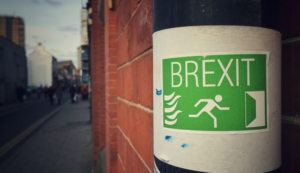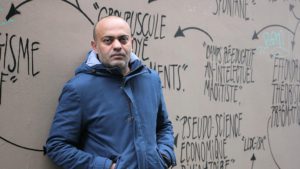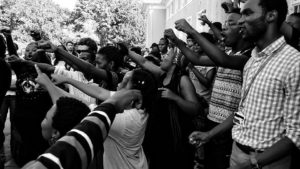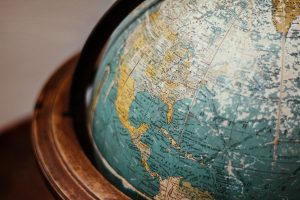
Syllabi
Explore MULOSIGE’s Syllabi. These world literature courses are compiled for MULOSIGE by academics from across the globe.
Multilingual Locals and Significant Geographies: For a New Approach to World Literature explores the numerous, often fractured, and non-overlapping worlds of literature, and studies world literature from the perspective of multilingual societies. MULOSIGE is a European Research Council-funded research project led by Professor Francesca Orsini, School of Oriental and African Studies (SOAS), University of London.
MULOSIGE Reading List: Narrative Tradition and the Arabian Nights
Professor Marina Warner guides us through a partial list of the books that she has been reading for her book Stranger Magic: Charmed States and the Arabian Nights (Vintage: 2012).
Looking East: Saqi and the World of Urdu Modernism Webinar
Prof. Jennifer Dubrow is Associate Professor of Urdu, with affiliate appointments in Textual Studies and the South Asian Studies Program in the Jackson School of International Studies. Her research and teaching focuses on modern
How Love is a Revolution: In Conversation with novelist Rana Haddad
Rana Haddad grew up in Latakia in Syria, moved to the UK as a teenager, and read English Literature at Cambridge University. She lived in London and worked as a journalist for the BBC,
International Literature and the Literary International
Elena Ostrovskaya, PhD, is an Associate Professor at the Faculty of the Humanities at the NRU Higher School of Economics. Elena Zemskova, PhD, is an Associate Professor of the Faculty of the Humanities at
Randomly Clear Choices: Literary and Cultural Journals in Inter-war Italy
The talk was given as part of the Magazine and World Literature Webinar Series. Randomly Clear Choices: Literary and Cultural Journals in Inter-war Italy This paper was given as part
Testimonials
“The conference made my understanding of world literature more nuanced, more complex and as something that is as unique as it is interlinked” – from Comparison as Relation: Multilingual literary regions and comparative colonialisms (December 2017).
“The workshop has been incredibly exciting. A lot of challenging and intriguing theories and methodologies have been discussed. This has seriously impacted on my historiographical understanding. MULOSIGE has led to a substantial enrichment of my bibliography and a revision of my epistemological approach” – from Comparison as Relation: Multilingual literary regions and comparative colonialisms (December 2017)
“The conference made my understanding of world literature more nuanced, more complex and as something that is as unique as it is interlinked” – from Comparison as Relation: Multilingual literary regions and comparative colonialisms (December 2017).
“During the conference the monolithic expressions of colonialism were dismantled, and collaborations were emphasised along with contradictions in the experimental enterprises” – from Comparison as Relation: Multilingual literary regions and comparative colonialisms (December 2017).
“I was introduced to theories of world literature only a couple of years ago, and the conference was an excellent opportunity for me to gain a deeper understanding of current debates in the discipline. In Ethiopia, which is a multilingual country, scholars of Amharic literature and historians do not engage in comparisons. The conference convinced me of the importance of introducing the MULOSIGE approach back home at Addis Ababa University. In order to continue the conversations we have started here in Delhi, I would like to organise a follow up workshop at AAU. In the immediate future, I will introduce the notions of “multilingualism”, “negotiation”, “ambivalence”, “colonial disjuncture” and “colonial encounter” in the theoretical framework of a study I am carrying out at the moment. Secondly, I will look into what has already been done (not much) on the history of the Ethiopian radio and I will encourage a young scholar to take up the theme for a doctoral study. In the long run, I will advocate grater comparative approaches to Ethiopian literatures at AAU” – from Comparison as Relation: Multilingual literary regions and comparative colonialisms (December 2017)
“MULOSIGE has encouraged me to look at my work in a more comparative perspective while not losing sight of specific historical contexts. It has also encouraged me to look beyond the ‘local’ and also look at the ‘local’ in a different way – as already embodying strands of the ‘world'” – from Comparison as Relation: Multilingual literary regions and comparative colonialisms (December 2017).
Explore the Multilingual London Festival to celebrate the many languages of our capital city and new discover poets, authors and ideas!
Highlights
In a guest post for MULOSIGE, Annie Webster explores the contingency of Hassan Blasim’s Arabic stories, which impress upon readers the porous boundaries between fact and fiction
As part of a series reflecting on the status of English in Africa, Wanga Gambushe notes that English remains ‘unassailable but unattainable’ in the context of post-apartheid South Africa




